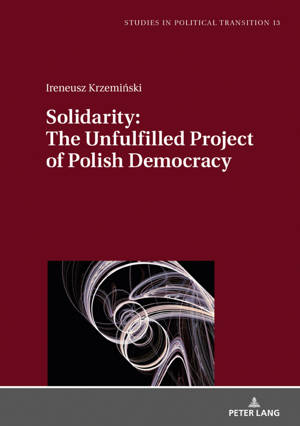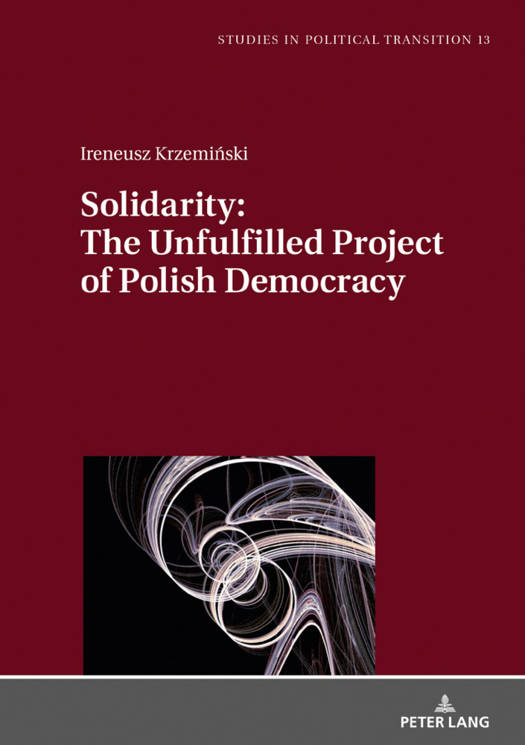
- Afhalen na 1 uur in een winkel met voorraad
- In januari gratis thuislevering in België
- Ruim aanbod met 7 miljoen producten
- Afhalen na 1 uur in een winkel met voorraad
- In januari gratis thuislevering in België
- Ruim aanbod met 7 miljoen producten
Omschrijving
This book is a collection of essays which span three decades, capping research into the Polish Solidarity movement and its impact on social change. The major one reports on the author's 1981 study on the formation of the Solidarity movement and trade union, one of two research projects on Solidarity carried out at the time. The idea of debating (deliberative) democracy fostered by Solidarity proved an unfulfilled utopia. It was abandoned by the new political elite and by Poles, who used freedom to develop individual, ambitious and aggressive career paths in order to attain West-European living standards. While Polish religiosity and the Catholic Church, led by Pope John Paul II, vitally promoted peaceable resistance to communism, now the Church has morphed into an anti-democratic political and cultural actor.
Specificaties
Betrokkenen
- Auteur(s):
- Vertaler(s):
- Uitgeverij:
Inhoud
- Aantal bladzijden:
- 352
- Taal:
- Engels
- Reeks:
- Reeksnummer:
- nr. 13
Eigenschappen
- Productcode (EAN):
- 9783631672709
- Verschijningsdatum:
- 18/10/2019
- Uitvoering:
- Hardcover
- Formaat:
- Ongenaaid / garenloos gebonden
- Afmetingen:
- 148 mm x 210 mm
- Gewicht:
- 523 g

Alleen bij Standaard Boekhandel
Beoordelingen
We publiceren alleen reviews die voldoen aan de voorwaarden voor reviews. Bekijk onze voorwaarden voor reviews.









